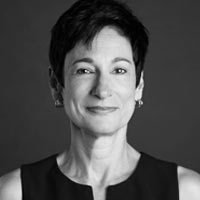Question
What is Montessori for Aging and Dementia?
Answer
Montessori for Aging and Dementia is based on the principles of free choice and purposeful activity. In a Montessori community for elders, individuals with a wide range of abilities work both individually and collaboratively on an array of activities from which they are free to choose, explore, and discover (Brush, 2020). Elders have the freedom to move within the community and engage in household roles and responsibilities.
Dr. Maria Montessori, who pioneered this approach to children's education, believed that “an environment must be rich in motives that lend interest to an activity and invites the person to conduct his own experiences.” In a Montessori community for older adults, individuals with a wide range of abilities work both individually and collaboratively on an array of activities from which they are free to choose, explore, and discover. Elders have the freedom to move within the community, and to engage in household roles and responsibilities, guided as needed by trained Montessori staff. Montessori focuses on the well-being of the whole person, including physical, spiritual, social, mental, and emotional needs (Brush, 2020). This means that the community should offer opportunities for new learning, religious practices, meditation, art, music, and exercise. This is done by having a prepared environment, providing freedom of movement, elevating time for concentration, allowing for individual engagement, having community staff take time to observe, and providing grace and courtesy. Overall, it is an approach that helps individuals change the way they interrelate with elders with dementia by improving the quality of those interactions (Bourgeois, et al., 2015).
This Ask the Expert is an excerpt from the course, 20Q: Incorporating Montessori into Speech-Language Pathology Practice.


